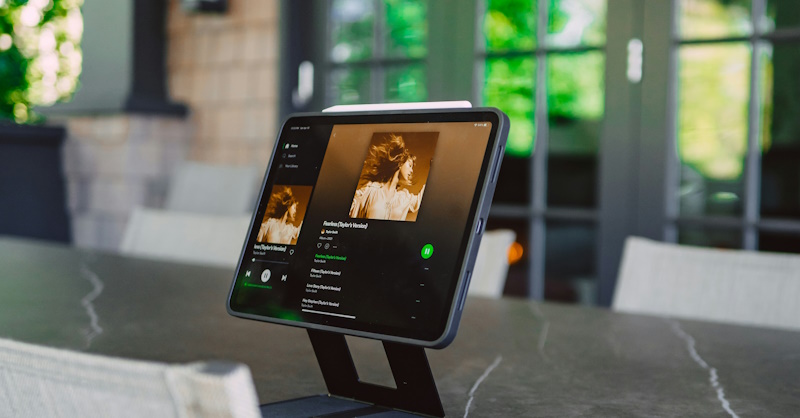Should we change what counts as a stream?
Image credit: Sebastiaan Chia
A former Spotify staff is leading the argument for redefining what counts as a stream, including punishments for skipping songs.
In the space of two decades, music streaming has grabbed listeners around the world. It’s now leading the growth of global music revenues (streaming revenues grew from $1 to $20 billion between 2021 to 2023) and is championing the rise of independent artists. But the model we have for streaming has remained unchanged for those two decades.
A stream on a service like Spotify is counted when a song has been listened to for 30 seconds. After 30 seconds of listening, a songs play count goes up adding to its revenue share. The 30 second mark indicates the success of that song in its chart rankings.
The 30-second stream system has worked, but it has its issues. Fraud streaming is enabled by the system, with albums of 31-second tracks gaming the system. There are also arguments that it doesn’t provide enough value to a listen of a song, if the streaming of it becomes superfluous after 30 seconds except to the listener.
Former chief economist at Spotify, Will Page has shared his argument for a new model. Page promotes a ‘completion’ model that eschews the 30-second stream marker completely. With completion, a song would be listened to the whole way through to earn its stream.
Page argues that this prioritises the actual listeners of music and could tackle the issue of fraud streaming. He also claims that it would be a simple transition, incurring no “contractual or accounting headaches” which a new model like an artist-centric streaming model.
The completion model would punish skips. The argument here is that a skipped song has less value, so why count it as a stream regardless? This would of course punish certain songs, favouring shorter songs over longer songs.
Page retorts: “Pro-rate has winners and losers, too, and they change over time. What’s more, you can’t do retrospective analysis on who the winners and losers might be under a future model, since when you change the rules, you change the way the game is played.” He adds that it is common sense that a skipped song is worth less to the listener.
The data suggests that only around 10% of streams are skipped. Skipped songs are even already punished by being pushed down the algorithm. Losing the stream count for an incomplete stream may just be insult to injury for not being fully valued by the listener.
Page claims that if the completion model were fully implemented at its extreme – treating incomplete listens like below-30 second streams – then the per-stream revenue would rise by 12.1% to £0.0054. It doesn’t sound like much, but over a large number of streams for an artist, that could make a significant difference.
Page writes: “Completion is the best way for our industry to evolve from pro-rata without collapsing current royalty systems. It doesn’t preclude other proposals, which can follow, so it is best thought of as a means to a fairer end, not an end in itself.”
Other arguments for transforming streaming models
We recently reported on another argument to end free, ad-supported streaming. Sony Music Group Chairman Rob Stringer calls for services like Spotify’s free tier to be shut down for their “poor contribution to streaming monetisation”.
A recent report shows that free streaming is dwindling as more users subscribe and pay for streaming services. Thanks to the uptick in paid music streaming users, the number of streams needed for an album equivalent sale is now just 1,390.
Whilst killing free streaming completely would lose a large audience, it would also push a possibly significant number of free users to bite the bullet and pay for music streaming.
MIDiA take a new perspective, that we should begin tracking music more frequently. Currently, most streaming services track data on a monthly basis. MIDiA argue that the only reason services track data on a monthly basis is because it causes inflated audience measures. They write: “We are at the point where we need to move beyond inflated vanity metrics.”
Interestingly, they find that niche music apps like TIDAL and Deezer are more likely to be used daily. Mainstream services like Spotify and Amazon Prime Music are some of the lowest for daily use despite having a larger overall userbase.

